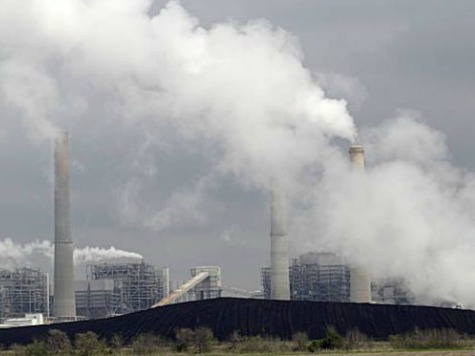One possibly redeeming (or exacerbating) feature of the shocking story that aborted fetuses have been burned at an Oregon facility that converts biomedical waste into municipal energy is that the babies may have helped combat climate change. According to the website of Covanta, the energy company that operates the Oregon facility, the energy-from-waste (EfW) process “offsets greenhouse gases to combat climate change.”
The alternative, the company points out, is depositing organic waste in landfills, where it will convert into methane and other hydrocarbons. Methane, which forms a three-dimensional, tetrahedral molecule, is a far more powerful greenhouse gas than carbon dioxide, trapping far more heat per unit volume than the carbon dioxide that results from controlled combustion in an environmentally sensitive energy facility.
Other Covanta facilities provide formal carbon offsets to companies looking to reduce their impact on climate change. These facilities, both in Florida, generate “voluntary credits” that can be bought on the open market “by companies and organisations interested in voluntarily reducing greenhouse gases.” A compulsory cap-and-trade system, such as exists in California, could place new market value on incinerated medical waste, including fetuses.

COMMENTS
Please let us know if you're having issues with commenting.